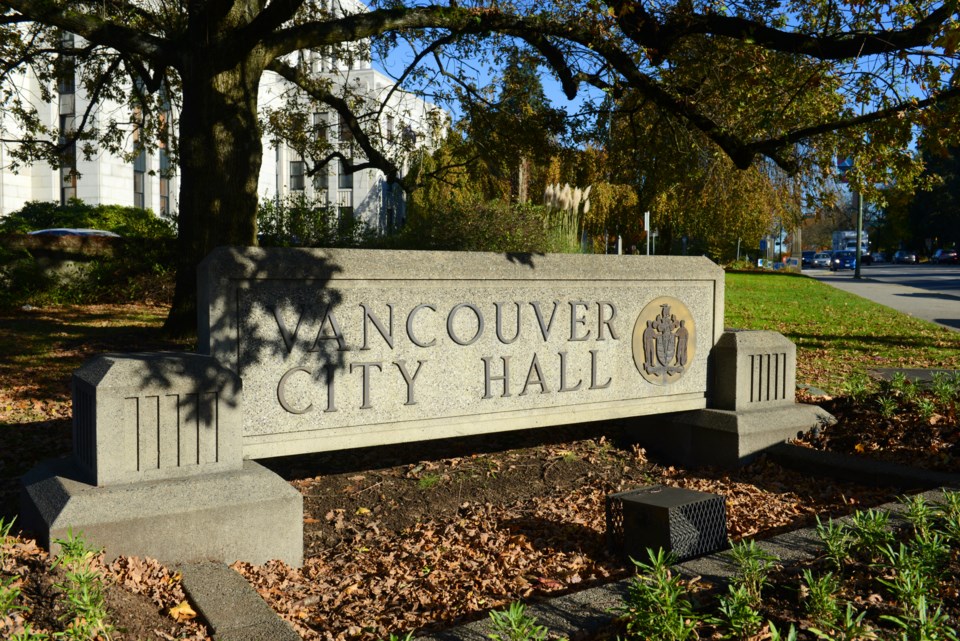The City of Vancouver is once again mulling a change in property taxes.
Last week, council heard a staff presentation calling for a new tax category that would lessen the burden on small businesses. Currently, businesses are taxed on the maximum development potential of the property, which means that a mom and pop corner store with nothing above it often must pay taxes as though it was a five-story commercial tower.
As a result, many small businesses are shutting down. For example, as few as two or three years ago in Kerrisdale, you could buy meat from a few local butchers, and cheese from a specialty shop. But many of these businesses were subject to triple-net leases – an arrangement that meant they had to pay property taxes and other expenses in addition to rent. This meant that as taxes went up, they were priced out of the neighbourhood. The same thing happened on what used to be bustling Robson Street.
In the presentation, staff called for an end to triple-net leases as well as a new commercial subclass category of property tax that would split assessments and help small businesses.
It’s a great start and about time.
“We’ve got to save small businesses, we’ve got a lot of mom and pop legacy businesses that are totally under stress from the way our tax system works in the province,” said Vancouver Mayor Kennedy Stewart.
The problem is that the City needs the ok of the Province to put the changes in place. Vancouver is calling for this new category to be in place by the fall so they can be incorporated into the 2020 tax year, but knowing how the bureaucratic system often works, a timeline that tight may not be possible.
Every month of doing nothing puts small businesses deeper and deeper underwater and makes is less and less likely that those who have closed their doors will have the appetite to jump back into the pond.
A few months ago I interviewed several business owners who told me that if they were to start a business now, it wouldn’t be in Vancouver. Business owners with entrepreneurial spirit and strong work ethic are getting pushed out. Wherever they go, they will do okay – but it’s the city that suffers.
There’s also a danger that if a commercial subclass like this is pushed forward too quickly there may be unforeseen negative consequences.
“In principle, this is a great proposal… the devil is in the details,” Aaron Aerts, an economist at the Federation of Independent Businesses told City Council.
“Staff has assured us that they would work with us to develop this policy to ensure that any unintended consequences are mitigated and it provides tax relief for those most impacted,” added Aerts.
But something needs to be done soon to ensure we don’t lose more of the city’s heart and soul to overburdensome taxes.
Even so, to help struggling businessses, leveling the taxation playing field is only just a start.
Ada Slivinski is the Founder & Principal of Jam PR, a boutique agency focused on helping small businesses get big exposure. You can reach her at [email protected]



